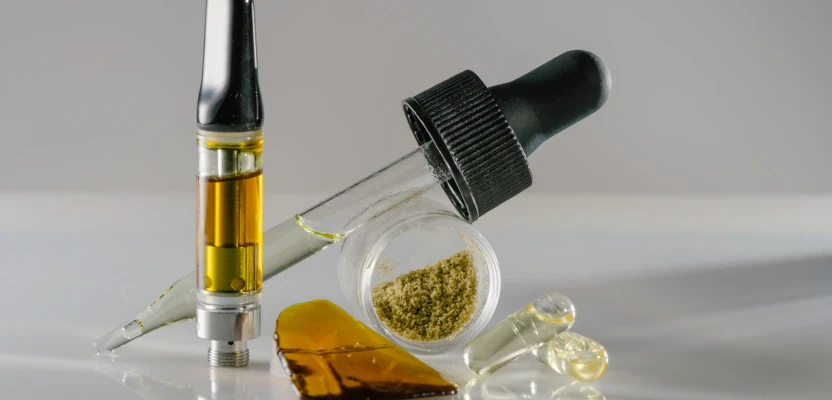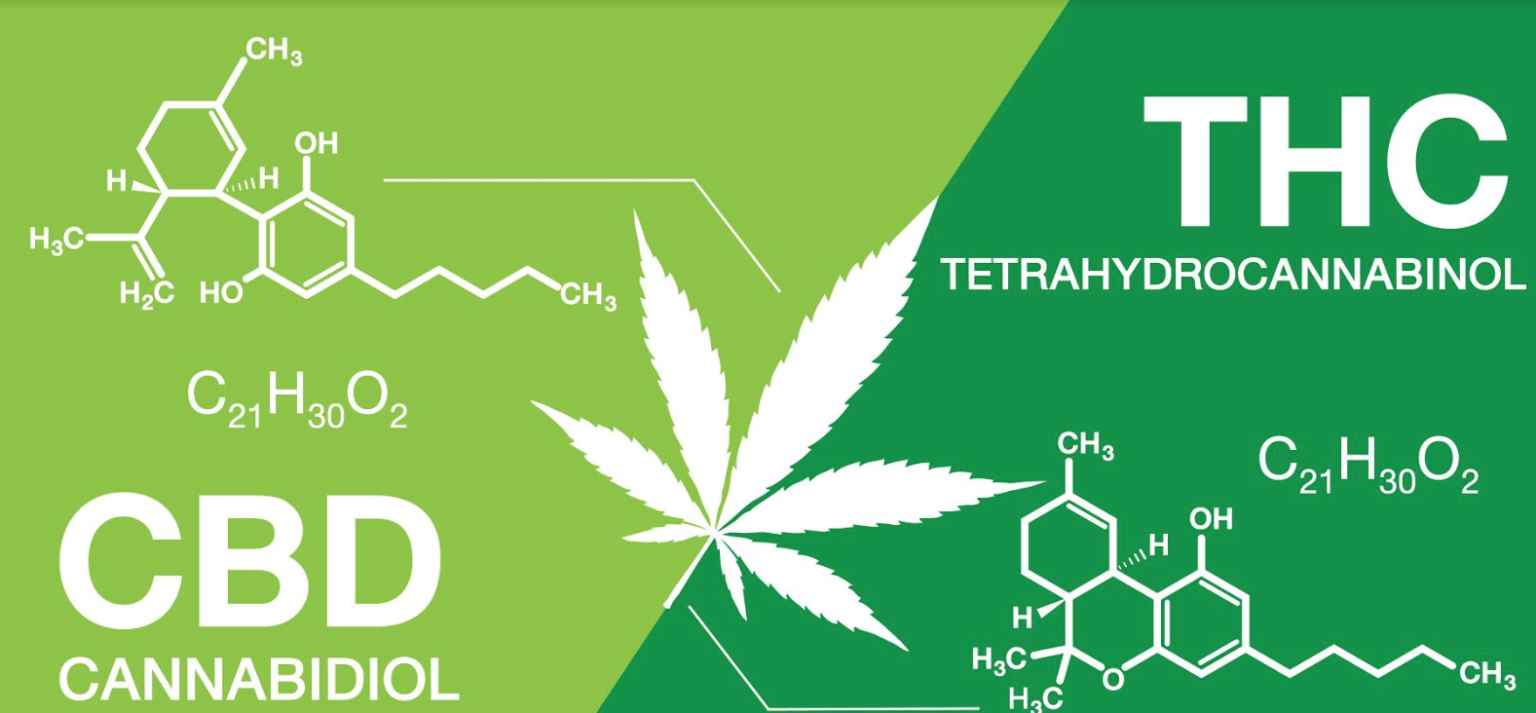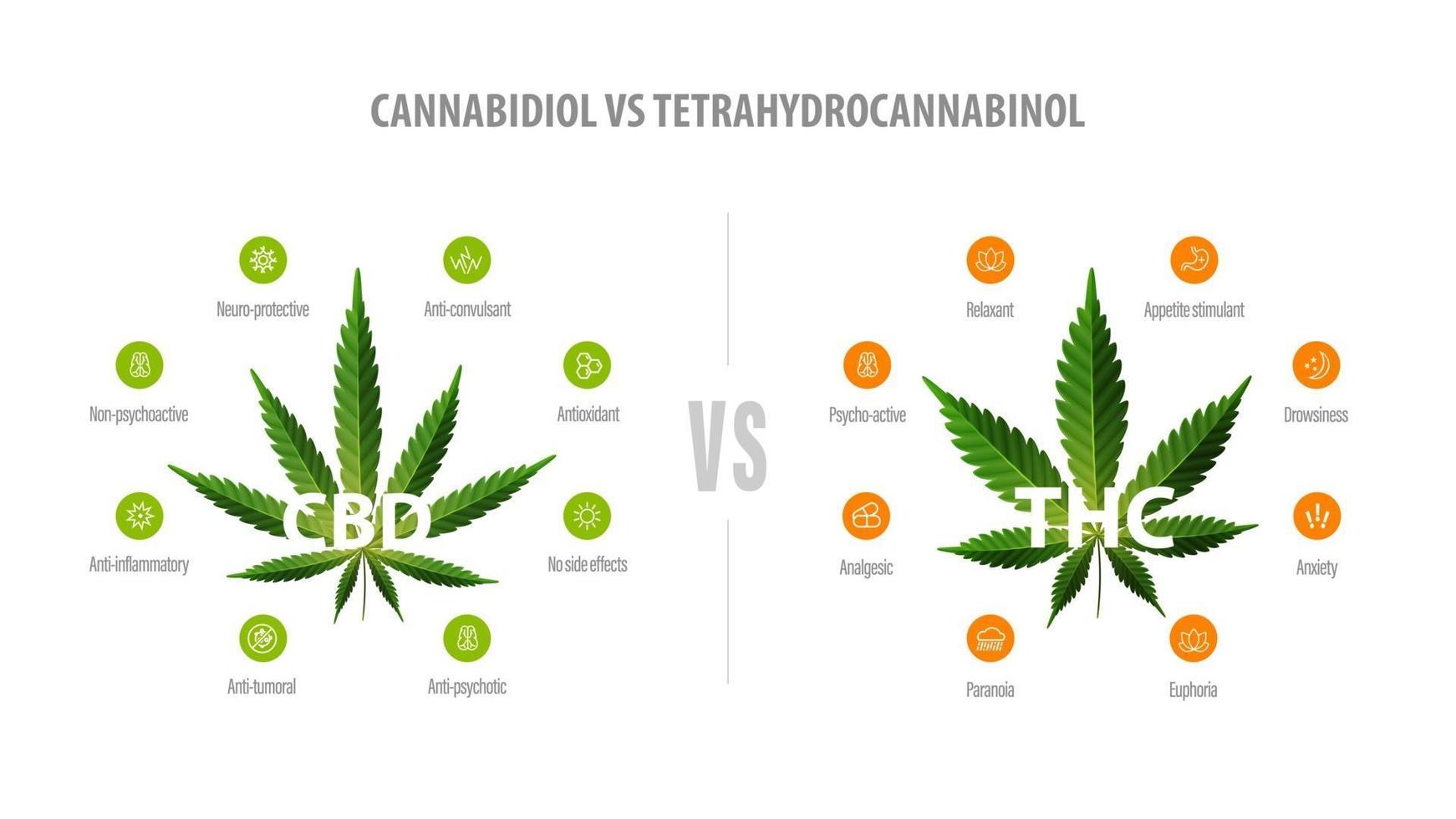
Introduction: As a medical professional, I can tell you that THC or tetrahydrocannabinol is a chemical compound found in the cannabis plant that is known for its psychoactive effects. In recent years, the benefits of THC have become more apparent, and many states in the US have legalized it for both medicinal and recreational purposes. In this article, we will discuss the benefits of THC, where it is legal in the United States, and answer some common questions about it.
1. Can THC help with nausea? Yes, THC can help alleviate nausea and vomiting. It is a well-known fact that cancer patients undergoing chemotherapy often suffer from severe nausea and vomiting. THC can help reduce the severity and frequency of these symptoms, making chemotherapy more tolerable for patients. In addition, THC is also effective in treating nausea and vomiting caused by other medical conditions such as multiple sclerosis and Crohn's disease.
2. What percentage of THC is good? The percentage of THC that is considered good depends on the individual's needs and tolerance. Generally, a THC percentage of 15-20% is considered good for recreational use, while a lower percentage of 5-10% is ideal for medicinal use. Higher THC percentages can result in stronger psychoactive effects, while lower percentages may not provide enough relief for certain medical conditions.
3. What kind of THC makes you laugh? Delta-9-tetrahydrocannabinol (Delta-9-THC) is the primary psychoactive compound in cannabis that is responsible for making users feel high or euphoric. While different strains of cannabis may have varying levels of Delta-9-THC, there is no specific type of THC that is known to make users laugh more than others. Laughing is often a result of the user's mood and environment rather than the type
of THC consumed.
4. What THC is the most potent? Delta-9-THC is the most potent form of THC, and it is the primary psychoactive compound in cannabis. However, there are other forms of THC, such as Delta-8-THC, which is a less potent form of THC with milder psychoactive effects.

5. Are THC gummies legal? THC gummies are legal in states where recreational or medicinal use of cannabis is legal. However, it is important to note that the laws regarding cannabis and its products can vary from state to state, and it is essential to check the laws in your specific state before consuming THC gummies or any other cannabis product.
6. Is THC vaping legal? THC vaping is legal in states where recreational or medicinal use of cannabis is legal. However, it is important to note that there have been concerns about the safety of THC vaping, and some states have implemented restrictions on the sale and use of THC vape products. It is important to be aware of the laws and regulations in your specific state before using any THC vape products.
7. What is the best THC for pain management? THC has been shown to be effective in managing pain, and different strains of cannabis may be more effective for different types of pain. Indica strains of cannabis are known for their sedative effects and may be more effective in managing chronic pain, while Sativa strains may be better for acute pain. However, the best THC for pain management will depend on the individual's specific
needs and tolerance.
8. Is there an odorless THC? There is no odorless THC. Cannabis has a distinct and potent odor, and the smell of THC is often the result of the compounds found in the plant. However, there are products that are designed to minimize the odor of cannabis, such as THC oils and tinctures that can be ingested orally.
Let's unpack this further with a deep dive into the differences between THC and CBD.
CBD (cannabidiol) and THC (tetrahydrocannabinol) are both chemical compounds found in the cannabis plant, but they have different effects on the body and mind. The biggest difference between CBD and THC is that CBD is non-psychoactive, meaning it doesnot produce a "high" or alter the user's perception or state of mind. THC, on the other hand, is psychoactive and is responsible for the euphoric effects associated with cannabis use.
CBD is often used for medicinal purposes, as it has been shown to have a range of health benefits, such as reducing inflammation, pain, anxiety, and seizures. It is also being studied for its potential in treating a variety of conditions, including epilepsy, multiple sclerosis, and Parkinson's disease.

THC is also used for medicinal purposes, but it is primarily known for its recreational use and its ability to produce a high or altered state of mind. It has been shown to be effective in managing pain, reducing nausea and vomiting, and stimulating appetite, making it beneficial for cancer patients undergoing chemotherapy.
Another difference between CBD and THC is their legal status. While CBD is legal in all 50 states in the US, THC is only legal in certain states for medicinal and/or recreational use. The legal status of THC can vary depending on the state and local laws, and it is important to be aware of the laws in your specific location before using THC products.
In terms of side effects, CBD is generally well-tolerated and has few known side effects. THC, on the other hand, can produce side effects such as dry mouth, red eyes, impaired memory and coordination, and increased heart rate. It can also have more serious side effects, such as paranoia and psychosis, especially in individuals who are sensitive to its effects or who use it in high doses.
Finally, it is worth noting that CBD and THC can work synergistically, meaning that they can enhance each other's effects when used together. This is known as the "entourage effect" and suggests that using both CBD and THC may be more effective than using them separately. However, it is important to be aware of the potential risks and side effects associated with using THC, especially in high doses or in individuals who are sensitive to its effects.
In conclusion, CBD and THC have different effects on the body and mind, with CBD being non-psychoactive and primarily used for medicinal purposes, while THC is psychoactive and primarily used for recreational purposes and managing certain medical conditions. It is important to be aware of the legal status and potential side effects of both compounds before using them, and to speak with a healthcare provider if you have any concerns or questions.






Comments 0